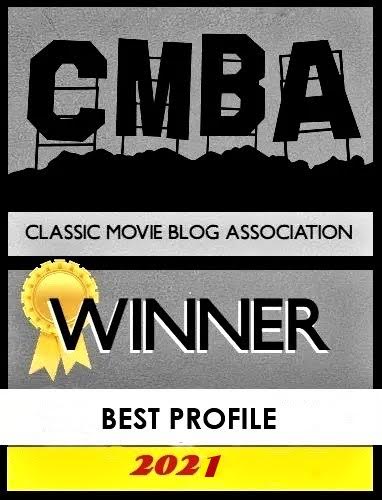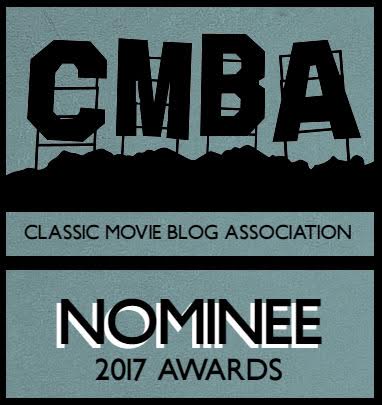
Throughout the Golden Age of Hollywood, several women were influential in their film industry roles on-screen as well as off. Unfortunately, in many cases, their stories are not told very often, leaving their influence–particularly in the case of impactful women off-screen–to be ample ground for research. The story of Hollywood producer Joan Harrison is certainly one such example.
Thanks to Chicago Review Press, author Christina Lane takes readers through the personal and professional journey realized by Harrison in Phantom Lady: Hollywood Producer Joan Harrison, the Forgotten Woman Behind Hitchcock. While the name Alfred Hitchcock conjures up many images and stories, the name Joan Harrison may not be as familiar to classic film fans. Initially hired on as a secretary to Hitchcock, Harrison eventually became a strong creative partner in his work and a dear friend to Hitchcock and his talented wife, Alma Reville.
Lane introduces readers to Harrison almost as though we are evaluating her in Hitchcock’s mindset. Discussing what was presumed to be masculine or feminine in terms of profession or even appearance, Harrison cleverly and confidently breaks new ground in securing professional opportunities for herself and, on a grander scale, for other women looking to enter into the film industry.
The poise and confidence in which Harrison maintains her role as a creative partner is also an intriguing story. Harrison possessed a keen eye for detail–a factor that Hitchcock would appreciate and certainly take into consideration in his projects–and voiced her opinions and ideas freely. Though acting as a creative partner in a role that would be deemed as “masculine” by the societal standards of her day, Harrison purposely forged on while maintaining, for the most part, a feminine professional image–attending work in designer suits, meticulously accessorized with the popular fashions of the period.
Additionally, Harrison held her own in the industry as a worthy off-screen contributor, engaged in the social circles of beloved stars and talents actively working in the studio system. While their names may be discussed more frequently than Harrison’s, Harrison was certainly known to a great many popular performers. Moreover, her opinions and input were valued on a personal and professional level.
Overall, Phantom Lady is a book that justly tells the story of Harrison as well as the impact she had upon the likes of Hitchcock in addition to the storytelling process. Her story is sure to captivate fans of Hitchcock’s work and classic films, and is one of many stories about impactful women in the filmmaking business that deserve to be told.
Phantom Lady: Hollywood Producer Joan Harrison, the Forgotten Woman Behind Hitchcock is available for sale on the Chicago Review Press website.












